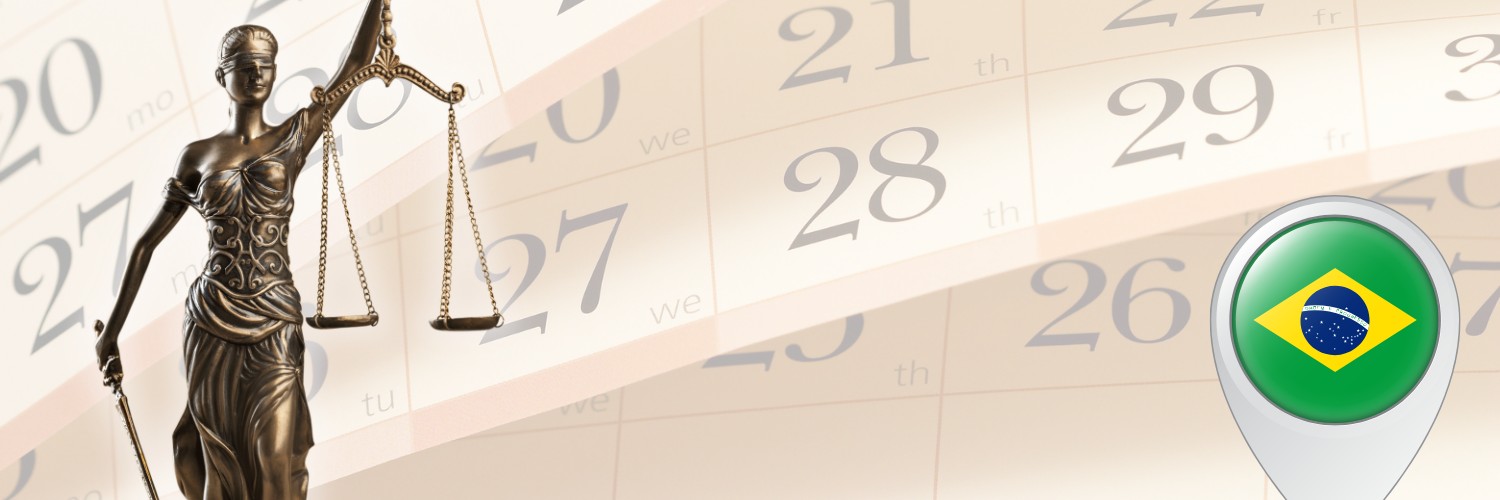How Long Can a Lawsuit Last in Brazil?

How long a lawsuit might take in Brazil depends on a mix of bureaucratic, procedural, and cultural factors. Since the Brazilian judiciary is funded and administered at the state level, each state has its own challenges. Courts in São Paulo or Rio de Janeiro, for instance, may deal with heavier caseloads compared to courts in smaller states, but they also tend to have more resources. This state-level funding structure can lead to differences in efficiency, especially when local administrations face budget constraints or changing judicial priorities. Nationwide reforms to Brazil’s Civil Procedure Code have attempted to streamline the litigation process and introduce more modern methods, but the reality is that backlogged courts and cultural norms still play a large role in slowing cases down.
The Impact of Judiciary Actors
Another key point relates to the diligence of state actors, from judges and public prosecutors to tax authorities and process servers. Younger judges, for example, may be more open to embracing technological tools that make it easier to schedule hearings, issue digital subpoenas, and communicate with litigants. This shift has gradually contributed to a faster pace in some courts, but not all judges and court personnel have adapted at the same rate.
In certain cases, the Ministério Público (Public Prosecutor’s Office) is required to appear, such as in divorce homologation, child custody disputes, and probate proceedings. Although these interventions are meant to protect public or vulnerable interests, they can add another layer of review and thus lengthen the overall timeline.
Similar involvement by tax authorities (state or federal) or local municipalities often triggers additional procedural steps, as each agency must receive notice and time to respond. Even something as routine as serving process can become an issue, because if a process server is overburdened or difficult to locate, it might take weeks—or longer—for an individual or entity to be officially notified.
Do What You Can On Your Side
Clients seeking representation for lawsuits or disputes in Brazil wonder how they can expedite things. One approach is to remain highly proactive: providing all requested documents promptly, following up on missed deadlines, and making sure that filings are clear and timely. In probate matters, for instance, cooperating with other heirs or interested parties can help avoid unnecessary conflict and thereby shorten the timeline.
Mediation
Although mediation is increasingly encouraged in Brazil, it is usually not enforceable in the same binding way a court judgment would be. The Brazilian legal framework encourages alternative dispute resolution methods, but agreements reached at mediation sessions often still need judicial approval or ratification to carry real legal weight. Even so, trying to settle outside of court can be an effective way to save years of litigation if both sides are genuinely seeking a compromise.
Sample Timelines
Fast Cases
In terms of averages, straightforward lawsuits or small claims might be resolved in around two to four years.
Average Cases
More typical civil or commercial cases, especially those involving moderate amounts of discovery and multiple hearings, could run closer to four to seven years.
Complex Cases
Disputes that involve complex fact patterns, numerous witnesses, or extensive documentary evidence often hit the seven-to-ten-year range, particularly if parties file multiple appeals. Matters like intricate business disputes or messy probate cases can spill over the ten-year mark, especially if there are multi-layered assets or ongoing fights among heirs.
Clients pursuing legal claims in Brazil should be aware that these timelines are not set in stone—some courts move faster, some move slower, and a mix of legal reforms and technological improvements continue to reshape the landscape.
Watch our video here:

